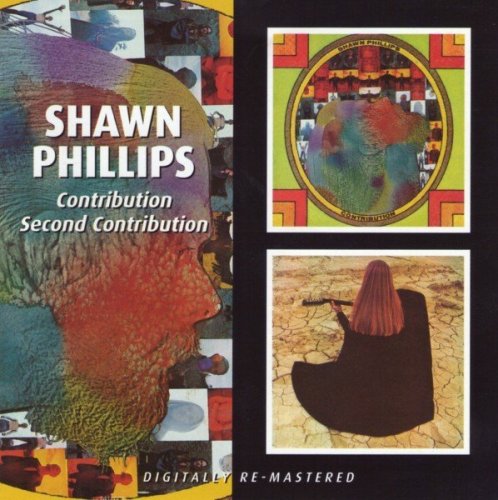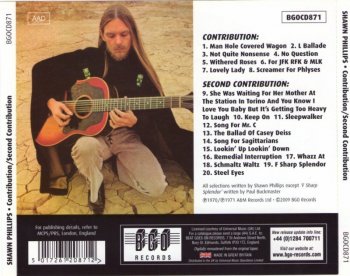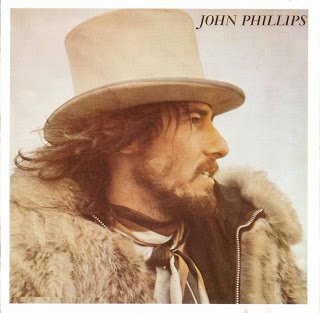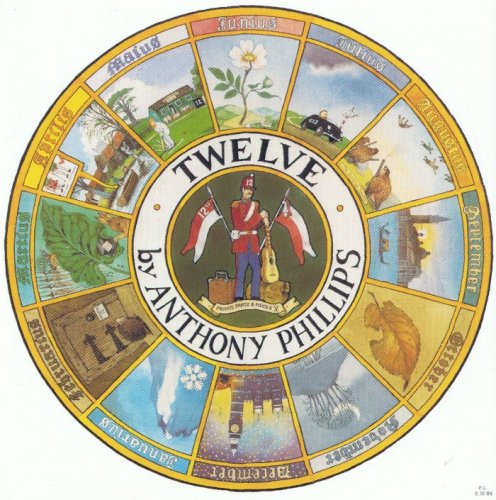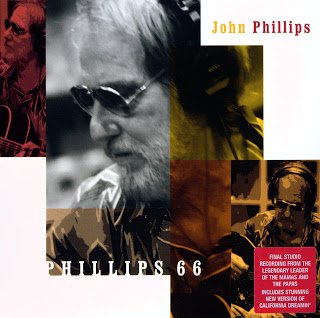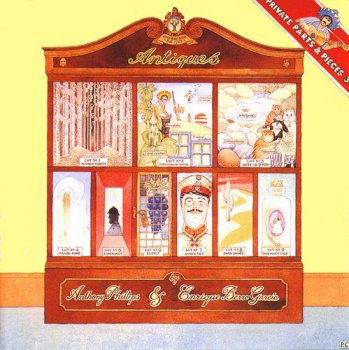The Lovin' Spoonful: 5 Albums - Mini LP Blu-spec CD2 Sony Music Japan 2016
Lossless Galaxy Release The Lovin' Spoonful: 5 Albums Mini LP Blu-spec CD2 Sony Music Japan 2016 Performer: The Lovin' Spoonful Box / Albums: 1965 Do You Believe In Magic • 1966 Daydream 1966 Hums Of The Lovin' Spoonful • 1967 Everything Playing 1968 The Best Of The Lovin' Spoonful Volume 2 (Mini LP Blu-spec CD2 Sony Music Japan 2016) Info: Kama Sutra / Sony Music Japan Cardboard Sleeve (Mini LP) / Blu-spec CD2 Mono Stereo / Limited Release Catalog CDs: SICP-31006~10 Made in Japan Dynamic
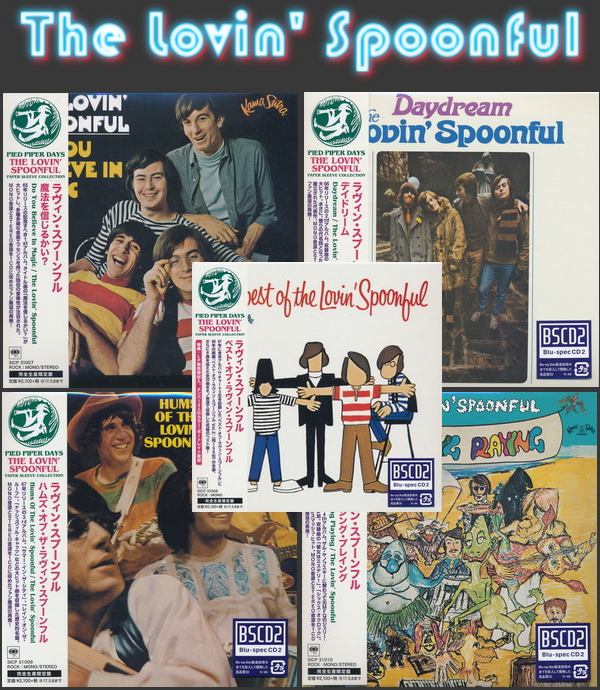
The Lovin' Spoonful: 5 Albums - Mini LP Blu-spec CD2 Sony Music Japan 2016
Lossless Galaxy Release The Lovin' Spoonful: 5 Albums Mini LP Blu-spec CD2 Sony Music Japan 2016 Performer: The Lovin' Spoonful Box / Albums: 1965 Do You Believe In Magic • 1966 Daydream 1966 Hums Of The Lovin' Spoonful • 1967 Everything Playing 1968 The Best Of The Lovin' Spoonful Volume 2 (Mini LP Blu-spec CD2 Sony Music Japan 2016) Info: Kama Sutra / Sony Music Japan Cardboard Sleeve (Mini LP) / Blu-spec CD2 Mono Stereo / Limited Release Catalog CDs: SICP-31006~10 Made in Japan Dynamic
06 10, 2025
Kraftwerk: 2017 3-D The Catalogue - 8CD Box Set Parlophone Records
Lossless Galaxy Release Kraftwerk: 2017 3-D The Catalogue 8CD Box Set Parlophone Records Performer: Kraftwerk Box / Albums: 2017 3-D The Catalogue 1974 Autobahn ● 1975 Radio-Activity ● 1977 Trans Europe Express 1978 The Man-Machine ● 1981 Computer World ● 1986 Techno Pop 1991 The Mix ● 2003 Tour De France (8CD Box Set Parlophone Records Box Set Parlophone Records) Info: Parlophone Records / Klingklang Produkt Ralf Hütter Catalog Box: 0190295873424 Catalog CDs: 0190295873417 • 0190295873400 •
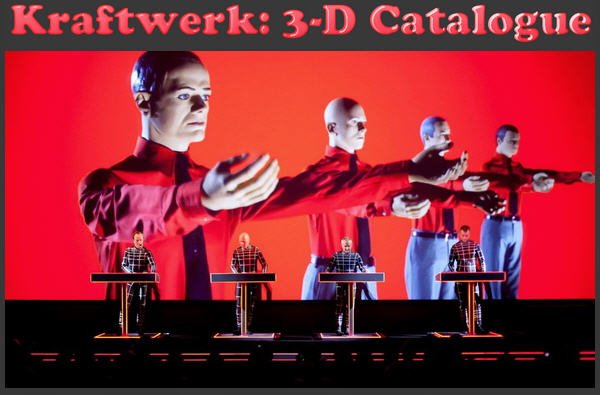
Kraftwerk: 2017 3-D The Catalogue - 8CD Box Set Parlophone Records
Lossless Galaxy Release Kraftwerk: 2017 3-D The Catalogue 8CD Box Set Parlophone Records Performer: Kraftwerk Box / Albums: 2017 3-D The Catalogue 1974 Autobahn ● 1975 Radio-Activity ● 1977 Trans Europe Express 1978 The Man-Machine ● 1981 Computer World ● 1986 Techno Pop 1991 The Mix ● 2003 Tour De France (8CD Box Set Parlophone Records Box Set Parlophone Records) Info: Parlophone Records / Klingklang Produkt Ralf Hütter Catalog Box: 0190295873424 Catalog CDs: 0190295873417 • 0190295873400 •
06 10, 2025
GOOD OLD ROCK’N’ROLL!!! «Exclusive for Lossless-Galaxy collection» Part 3 (38 × CD • Remastered • 1960-2025)
Performer: Various Album / collection: «OLDER! Rock’N’Roll — 1St Press — Remastered» Part 3 Label: (c)(p) 1960-2025 生産ヨーロッパとアメリカ Source: Rip by KoGGaN™ scans by inet… Official DR value: •12•12•7•14•11•6•11•8•8•7•8•7•8•12•10•8/8•6•9•8•10•10•9•8•7•7• •9•8•8/8•10•10•15•13•13•12•13•12•6•9• Catalog (Barcode): much… Genre / Style: Pop, Rock, Classic Rock, Pop Rock, Rock’N’Roll, Glam, AOR Year (info): 1960-2025 (38 × CD, 1St Press + Remastered, Collection—) Format: WV (image + .cue) Bitrate: lossless
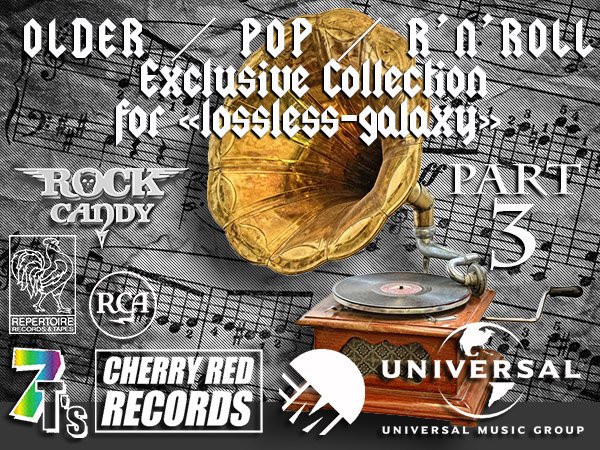
GOOD OLD ROCK’N’ROLL!!! «Exclusive for Lossless-Galaxy collection» Part 3 (38 × CD • Remastered • 1960-2025)
Performer: Various Album / collection: «OLDER! Rock’N’Roll — 1St Press — Remastered» Part 3 Label: (c)(p) 1960-2025 生産ヨーロッパとアメリカ Source: Rip by KoGGaN™ scans by inet… Official DR value: •12•12•7•14•11•6•11•8•8•7•8•7•8•12•10•8/8•6•9•8•10•10•9•8•7•7• •9•8•8/8•10•10•15•13•13•12•13•12•6•9• Catalog (Barcode): much… Genre / Style: Pop, Rock, Classic Rock, Pop Rock, Rock’N’Roll, Glam, AOR Year (info): 1960-2025 (38 × CD, 1St Press + Remastered, Collection—) Format: WV (image + .cue) Bitrate: lossless
06 10, 2025
Жанры
Lossless Galaxy Release
Русская музыка
--Поп
--Рок
--Панк
--Альтернатива
--Металл
--Рэп, Хип-Хоп, R'n'B
--Джаз и Блюз
--Фолк
--Шансон, Авторская песня
--СССР
Зарубежная музыка
--Pop
--Rock
--Hard Rock
--Progressive & Art-Rock
--Pop-Rock & Soft Rock
--Instrumental Rock
--Heavy, Traditional, Industrial Metal
--Power, Gothic, Sympho Metal
--Thrash, Speed, Groove, Modern Metal
--Death, Melodic Death, Doom, Dark Metal
--Black, Pagan, Folk, Viking Metal
--Alternative
--Punk
--Disco, Eurodance
--Rap, Hip Hop, R'n'B
--Reggae, Ska, Dub
--Jazz, Blues, Soul
--Folk, Country, Ethnic
--Electronic, Ambient, New Wave
--House, Techno, Trance
Другие жанры
--New Age, Relax, Meditative & Flamenco
--Chillout, Lounge, Downtempo, Trip-Hop
--Drum & Bass, Jungle, Breakbeat, IDM
--Classical / Классическая музыка
--Soundtrack
--Музыкальные сказки
Vinyl Rip
HI-Res / DVD-Audio / DTS
--SACD
--DSD
--DVD-Audio
Сборники Lossless-Galaxy
Альбомы 2022
Альбомы 2023
Альбомы 2024
Теги
1st Press 2022 2023 2024 2025 70... AOR Black Metal Blues Blues Rock Bootleg Series Classic Rock Death Metal Discography Exclusive for Lossless-Galaxy Folk Rock Fusion Hard Rock Heavy Metal Hi-Res Japanese Edition Jazz Jazz Rock lossless Melodic Death Metal Melodic Rock Modern Electric Blues Pop Pop Rock Power Metal Prog Rock Progressive Metal Progressive Rock Psych Rock Psychedelic Rock Rock SACD Symphonic Metal Thrash Metal Дискографии от KoGGaN
Архивы
Опрос
В каком формате хотели бы видеть релизы на сайте ?
 Автор: sirk, 2 декабря 2023, Комментариев: 0, Просмотров: 997
Автор: sirk, 2 декабря 2023, Комментариев: 0, Просмотров: 997Shawn Phillips - Contribution/Second Contribution (1970/71) (2008)
Artist:Shawn Phillips
Title Of Album: Contribution/Second Contribution
Year Of Release:1970-71/2008
Label (Catalog#) :BGO [BGOCD871]
Country: USA
Genre: Prog Folk Rock Psychedelic
Quality: Flac (*image + .cue,scans)
Bitrate: Lossless
Time: 01:18:28
Full Size: 520MB
Featuring: Jim Capaldi, Steve Winwood...
Title Of Album: Contribution/Second Contribution
Year Of Release:1970-71/2008
Label (Catalog#) :BGO [BGOCD871]
Country: USA
Genre: Prog Folk Rock Psychedelic
Quality: Flac (*image + .cue,scans)
Bitrate: Lossless
Time: 01:18:28
Full Size: 520MB
Featuring: Jim Capaldi, Steve Winwood...
Tracks:
-------
Contribution:
01. Man Hole Covered Wagon - 4:34
02. L Ballade - 6:47
03. Not Quite Nonsense - 1:45
04. No Question - 3:37
05. Withered Roses - 8:18
06. For JFK RFK & MLK - 4:54
07. Lovely Lady - 4:56
08. Screamer for Phlyses - 6:09
Second Contribution:
09. She Was Waiting for Her Mother at the Station in Torino ... - 4:54
10. Keep On - 3:21
11. Sleepwalker - 1:32
12. Song for Mr. C - 3:49
13. Ballad of Casey Deiss - 6:12
14. Song for Sagittarians - 3:43
15. Lookin' Up Lookin' Down - 3:55
16. Remedial Interruption - 1:56
17. Whazz At - 1:56
18. Schmaltz Waltz - 1:44
19. F Sharp Splendor (Paul Buckmaster) - 0:36
20. Steel Eyes - 4:18
Personnel:
---------
Shawn Phillips - Guitar, Sitar, Vocals
Paul Buckmaster - Keyboards
Jim Capaldi - Drums
Candy John Carr - Drums
Jimmy Coff - Percussion
Adrian Gaye - Guitar
Remi Kabaka - Percussion
Chris Mercer - Saxophone
Mox - Harmonica
Peter Robinson - Percussion, Keyboards
Mick Weaver - Keyboards
Steve Winwood - Keyboards
Chris Wood - Wind
Paul Buckmaster - Keyboards, Orchestral Arrangements
Harvey Burns - Guitar
Anello Capuano - Guitar
Jim Cregan - Guitar
Barry Dean - Bass, Guitar
Ann Odell - Keyboards
Brian Odgers - Bass
Bruce Rowland - Drums
Jerry Salisbury - Horn
All thanks to original releaser
-------
Contribution:
01. Man Hole Covered Wagon - 4:34
02. L Ballade - 6:47
03. Not Quite Nonsense - 1:45
04. No Question - 3:37
05. Withered Roses - 8:18
06. For JFK RFK & MLK - 4:54
07. Lovely Lady - 4:56
08. Screamer for Phlyses - 6:09
Second Contribution:
09. She Was Waiting for Her Mother at the Station in Torino ... - 4:54
10. Keep On - 3:21
11. Sleepwalker - 1:32
12. Song for Mr. C - 3:49
13. Ballad of Casey Deiss - 6:12
14. Song for Sagittarians - 3:43
15. Lookin' Up Lookin' Down - 3:55
16. Remedial Interruption - 1:56
17. Whazz At - 1:56
18. Schmaltz Waltz - 1:44
19. F Sharp Splendor (Paul Buckmaster) - 0:36
20. Steel Eyes - 4:18
Personnel:
---------
Shawn Phillips - Guitar, Sitar, Vocals
Paul Buckmaster - Keyboards
Jim Capaldi - Drums
Candy John Carr - Drums
Jimmy Coff - Percussion
Adrian Gaye - Guitar
Remi Kabaka - Percussion
Chris Mercer - Saxophone
Mox - Harmonica
Peter Robinson - Percussion, Keyboards
Mick Weaver - Keyboards
Steve Winwood - Keyboards
Chris Wood - Wind
Paul Buckmaster - Keyboards, Orchestral Arrangements
Harvey Burns - Guitar
Anello Capuano - Guitar
Jim Cregan - Guitar
Barry Dean - Bass, Guitar
Ann Odell - Keyboards
Brian Odgers - Bass
Bruce Rowland - Drums
Jerry Salisbury - Horn
All thanks to original releaser
Внимание! У Вас нет прав для просмотра скрытого текста.
Изменил: sirk по причине: RE-UP
Похожие новости:
Комментарии отсутствуют
Добавить комментарий!
Информация
Посетители, находящиеся в группе Гости, не могут оставлять комментарии к данной публикации.
